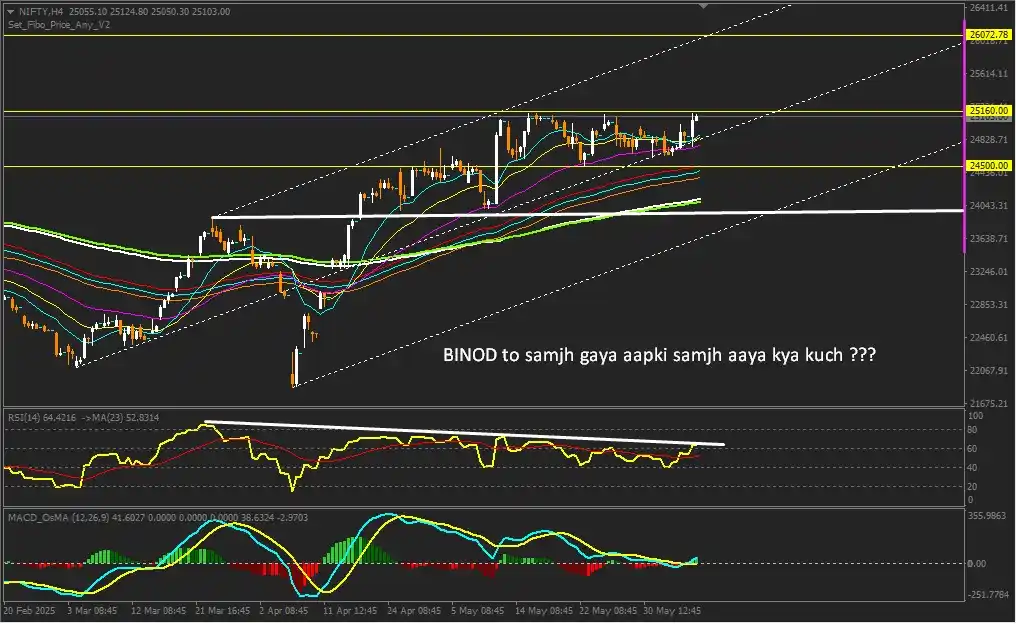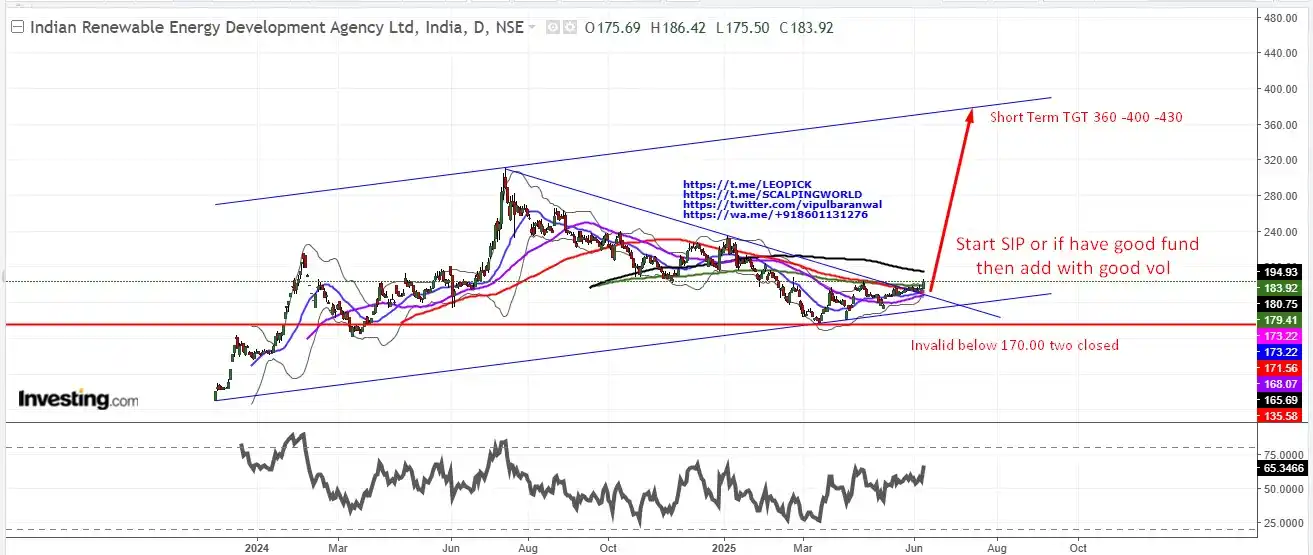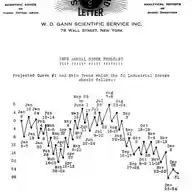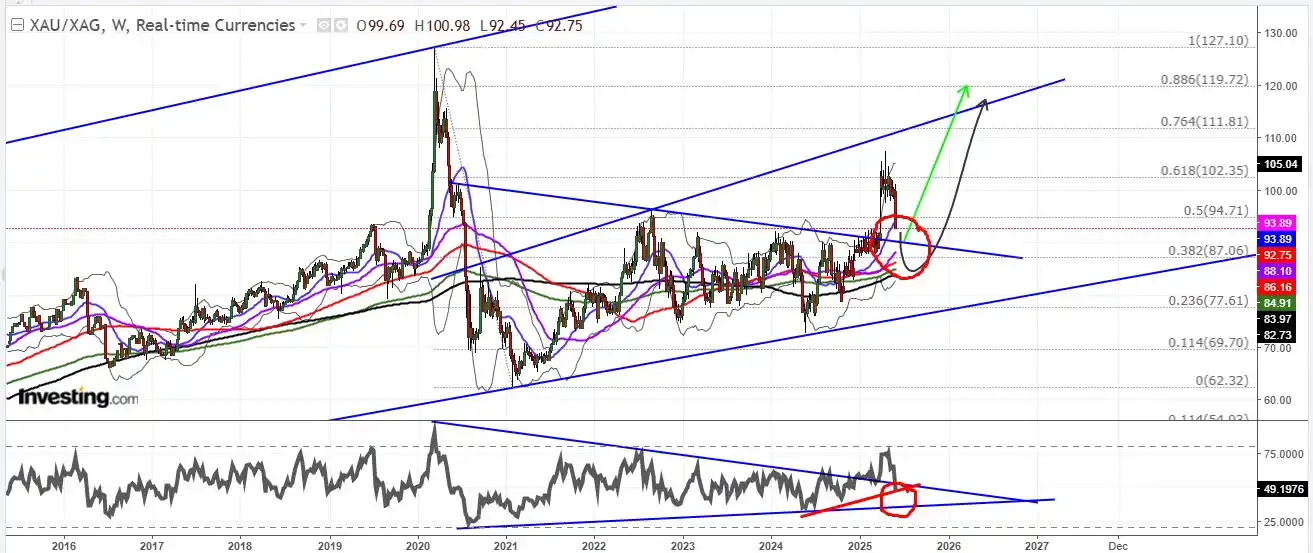
STUDY ROOM 📈📊📉
818 subscribers
About STUDY ROOM 📈📊📉
👉This channel do not provide any tips/recommendations/advice 👉All updates/posts/discussions are only for education and learning purpose. 👉Do Consult your financial advisor before taking trading or investing decisions 👉Group Admin or Members not responsible for any financial losses 👉Disclaimer/disclosure/terms and conditions applicable to all members of this channel 👉 we admin not take any charges for above education call . 👉 Think 5 times & then stay in group
Similar Channels
Swipe to see more
Posts

Compounding of learning, also known as compound learning, is the principle that learning and skills build upon each other over time, leading to exponential growth in understanding and expertise. It's not just about accumulating knowledge; it's about understanding concepts deeply enough that new information can easily connect to what you already know, like building a house with each new piece of knowledge as a brick, according to Focus Keeper. Here's how to practice compound learning: 1. Embrace Continuous Learning: Make it a routine: Treat learning as a habit, not just a hobby, and incorporate it into your daily life. Cultivate a lifelong interest: Seek out opportunities to learn and explore new areas of knowledge, even those that may seem unrelated to your current work or interests. Approach learning as an investment: View learning as a long-term investment in yourself and your future. 2. Deepen Your Understanding: Go beyond memorization: Focus on understanding the "why" behind things, not just the "what". Connect new information to existing knowledge: Make connections between new concepts and what you already know, creating a more robust and interconnected understanding. Seek out diverse learning experiences: Explore different ways of learning, such as reading books, taking courses, listening to podcasts, or interacting with experts. 3. Practice and Apply: Active learning: Actively engage with new information by practicing it, applying it, and reflecting on it. Reflect on your learning: Regularly review what you've learned and consider how it can be applied in different situations. Share your knowledge: Distill your learnings and share them with others, which can further solidify your understanding. 4. Seek Feedback and Iterate: Ask for feedback: Solicit feedback from others on your work or performance, and use it to identify areas for improvement. Embrace challenges: Don't be afraid to take on new challenges and push yourself beyond your comfort zone. Iterate and improve: Continuously refine your skills and knowledge based on feedback and experience. 5. Mindset Matters: Believe in the power of compounding: Embrace the idea that learning is a process of continuous growth and development, not a one-time event. Be patient and persistent: It takes time and effort to learn and acquire new skills, so be patient with yourself and stay persistent. Focus on progress, not perfection: Don't be discouraged by mistakes, but rather learn from them and use them as opportunities for growth. By consistently applying these principles, you can unlock the power of compound learning and experience exponential growth in your knowledge and skills.

After the last indian Budget Gold mcx mein aaye ab tak ke corrections 74731 to 67400 79775 to 73300 79120 to 75463 86592 to 84033 91423 to 86710 99358 to 90890 99215 to 96857 till now What next 🤔

*US-China trade talk Update* U.S.–China trade discussions appear to be progressing positively, with Commerce Secretary Howard Lutnick describing recent talks as “fruitful,” while Treasury Secretary Scott Bessent referred to a “good meeting.” President Donald Trump echoed this optimism, stating, “We are doing well with China. China’s not easy,” adding that he has received “only good reports.” The bilateral meetings, aimed at easing ongoing trade tensions—particularly those surrounding shipments of advanced technologies and rare earth elements—will continue for a second day. A U.S. official confirmed that advisers from both countries are scheduled to reconvene on Tuesday at 10 a.m. in London. Meanwhile, China’s state-run People’s Daily emphasized the importance of resolving disputes through “equal dialogue and negotiation,” framing the talks as a critical opportunity to address structural concerns and stabilize bilateral trade relations in a cooperative and constructive manner.

*What is Compounding Trading? Meaning, Rules & Benefits Explained...* Compounding is often called the eighth wonder of the world. Albert Einstein dubbed it as the most powerful force in the universe. “He who understands it, earns it. He who doesn’t, pays it”, the scientist is reported to have said. So, what is compounding and why should you care about it? What is Compounding Trading? The concept of compounding draws from what is called compound interest. Most of us will be familiar with simple interest and compound interest, which we learnt in school. The formula for simple interest is this: i (Interest) = p (principal) x (return) x t (time). Meaning if you invest Rs 10,000 in an FD yielding 10% for a period of 1 year, your interest (i) = 10,000 x 10/100 x 1 = Rs 1,000. Now when you get 10% on your FD investment, you have two choices, withdraw that Rs 1,000 or let it continue as part of your investment. This means that next year, you will either again earn Rs 1,000 if you withdrew your interest amount, or Rs 1,100 (10% of the revised investment amount of Rs 11,000). The fact that in the second option you earn interest on interest is called compound interest. It has a slightly complicated formula, which, if you didn’t like maths in school, you will not want to look at right now, but we can leave that aside because we have understood what we mean by compound interest, which is to let your money grow by allowing your returns to remain there. Rules you Need to Remember While Compounding Trading. The first one is quite straight forward. The power of compounding becomes stronger over time. That is, if you invest Rs 10,000, and your returns were 10%, you will earn Rs 1,000. Now if you allowed this Rs 10,000 (and the compound interest it kept generating) to remain invested, it will have grown to about Rs 1.75 lakh in 30 years. What does this mean? To allow an investment to compound over time, you should start early. For example, if you invest Rs 10,000 every month starting age 25, at age 60, you will have invested Rs 42 lakh in total spread over 420 months. Assuming returns of 10%, your money will have grown to about Rs 3.79 crore. But if your friend started at age 35 and start invested Rs 20,000 every month to make up for his late start, he will have invested Rs 60 lakh in total but will still end up with only Rs 2.65 crore 25 years later. What happened here? By starting late, your friend deprived himself of the 10 last years where the effect of compounding was expected to show up the most. There is rule number two. Small differences in the rate of compounding can produce large differences in return over the long term. Imagine your parents had invested in a house in the ‘80s for Rs 1 lakh and it has since grown to about Rs 1 crore in 40 years. That’s an annualised growth rate of 12.2%. Pretty impressive, right? 100x growth in 40 years. But what if that money was invested in the Sensex instead at 15% instead of 12.2%? What difference does the 3% make over the long term? The amount today would have been Rs 2.67 crore! So basically, start early, remain invested and get as much returns as you can, and you will get super rich? This sounds interesting: you can start investing early in stocks, which tend to give better returns than most other asset classes over time. But hold on. While you will have understood the concept of compound interest when it comes to fixed-return instruments like FDs, how does compounding work in the context of stocks? Basically, when you hold a stock for a long time, you automatically get the benefit of compounding. *How so?* Whenever a company makes a profit, say Rs 100 crore at the end of the year, it will give some money back to the shareholders (say Rs 20 crore) to its shareholders by way of dividends while reinvesting the rest (Rs 80 crore) into its business. The future business of the company now grows at a faster pace because of the increased capital that was reinvested, which is nothing but compounding at work. Since share prices mirror earnings growth over the long term, it translates into higher growth for stocks. So let me bring in some trivia here. If you followed the above point: when a company, which has been growing at 15%, pays you a dividend, should you feel good about it? If you receive the dividend and invest in an option that will return less than 15%, you are worse off! There is one final rule that you need to keep in mind when it comes to compounding. Most people, even trained mathematicians, will find it difficult to predict how much an amount will grow to if the time is long enough and the return is high enough. Almost always, you will be conservative in your calculations. This means, that if a stock portfolio returns 14%, you may not think it’s not a big deal but over a period of 30 years, it is. If you can manage 18%, you will become rich. If you can grow your capital at 24%? That’s the same math Ramesh Damani used in this YouTube video to calculate that you will make Rs 100 crore! This means that those who come to the market thinking they want to earn 10% every month, remember that it’s a pipe dream to consistently do it. If you did, you will soon end up being richer.

NIFTY FUTURE HOURLY *BINOD* to samjh gaya aapki samjh aaya kya kuch 🤔


IREDA CASH CMP 183+ SL below 170.00 two closed Start SIP or if you have good free funds forthe next 2-3 years, or if you get the price 360 to 430


JUST IN: 🇺🇲 Trump suggests terminating Elon Musk’s federal contracts and called him 'CRAZY' Elon was 'wearing tin' I asked him to leave, I took away his EV mandate that forced everyone to buy electric cars that nobody else wanted (that he knew for months I was going to do!), and he just went Crazy! THE easiest way to save money in our Budget, Billions and Billions of Dollars, is to terminate Elon’s Governmental Subsidies and Contracts. I was always surprised that Biden didn’t do it!"

Gold mcx today break 50 MA line = 91535 It's happened after Dec 2024 Today is close comes above 91600 then strong reversal possible

Kisi ko investment sip mutual fund insurance ... Online platforms need ho... Mujhe ping kar sakta hai














